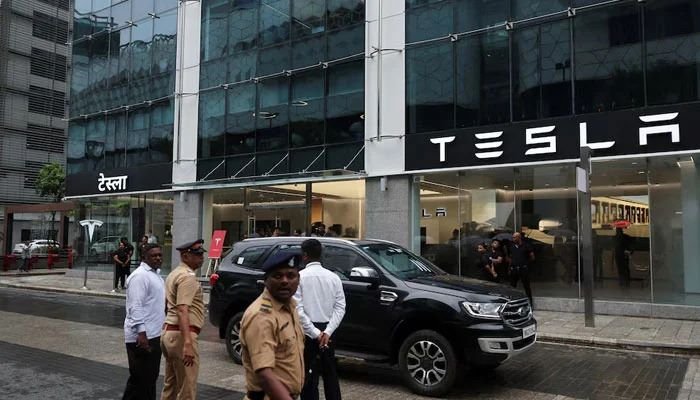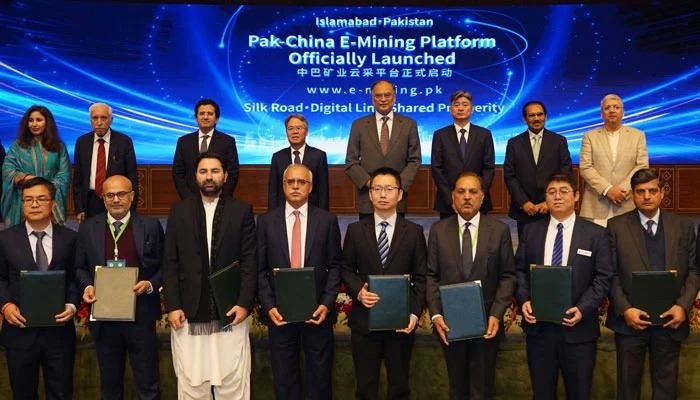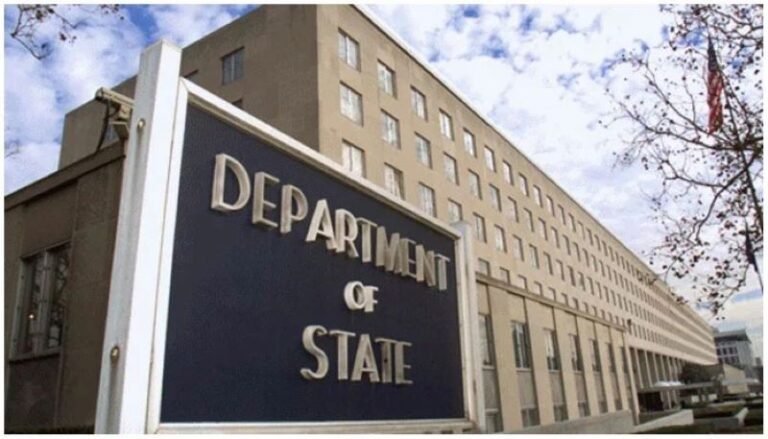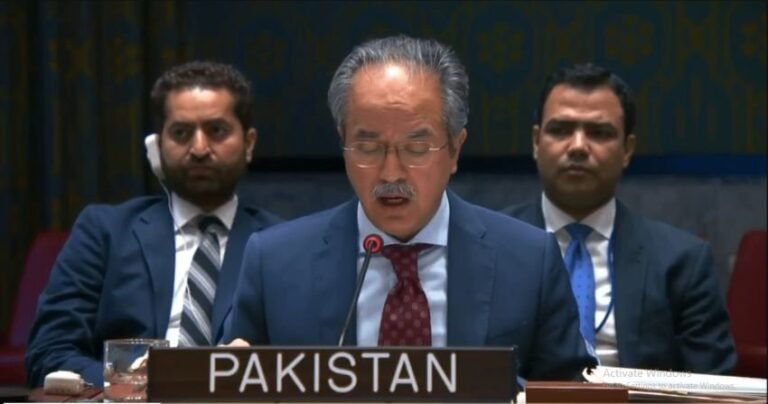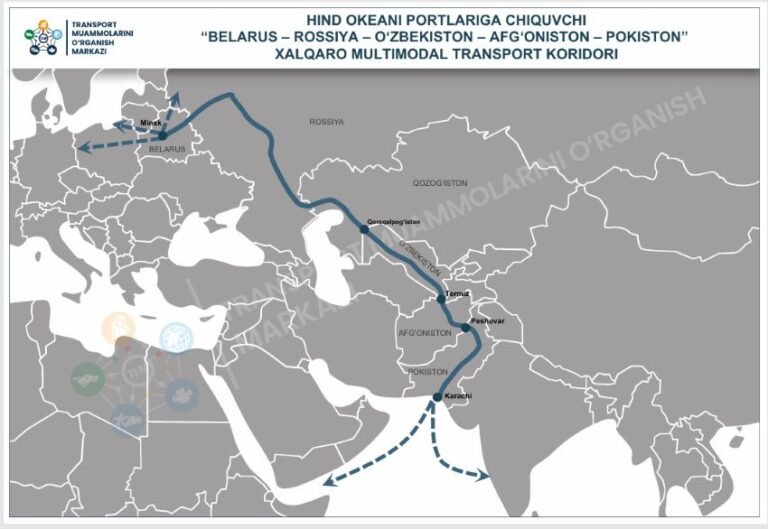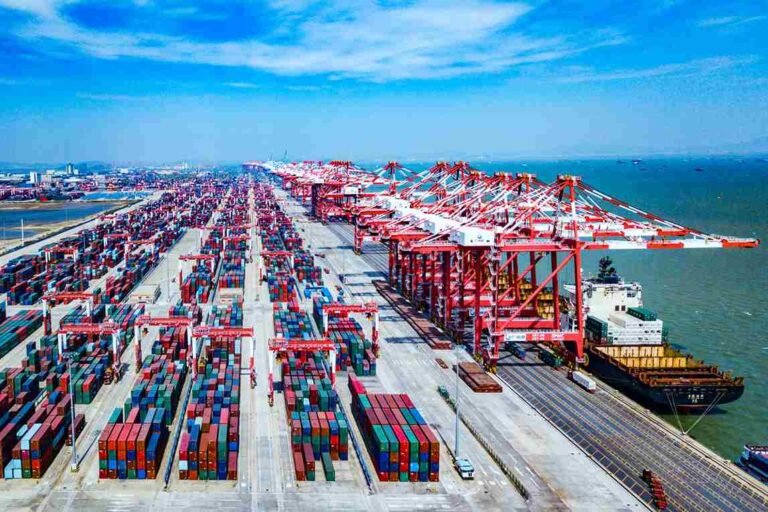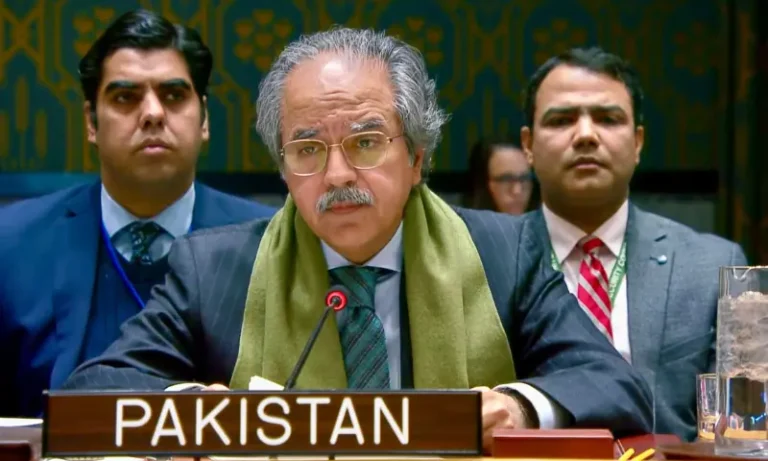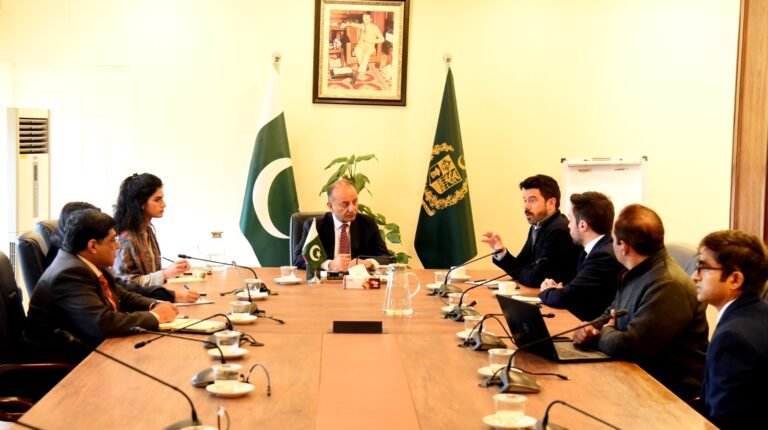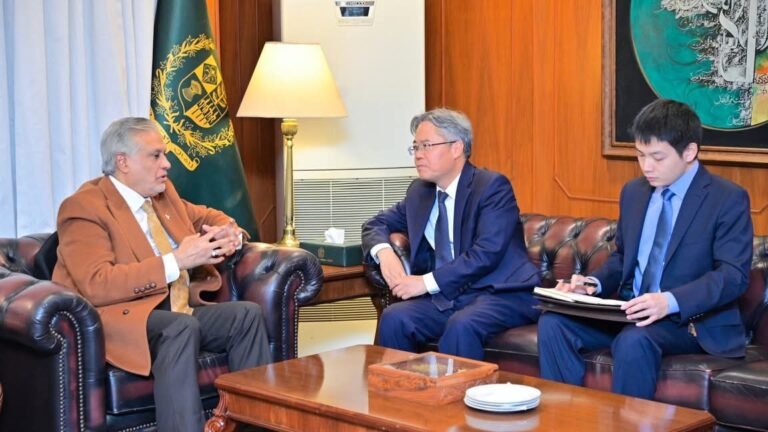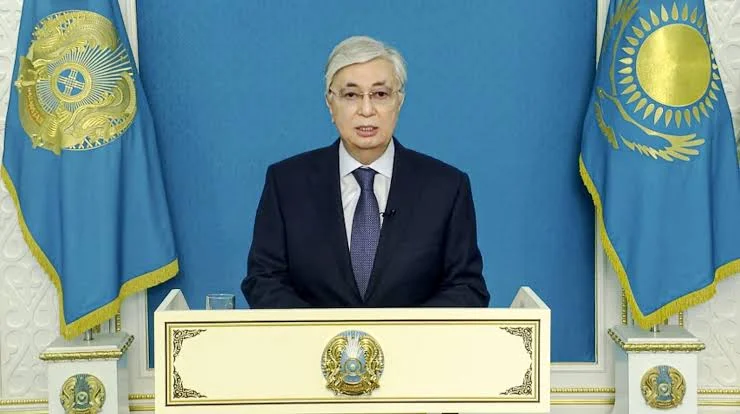New Delhi (TDI): US companies operating in India are facing mounting pressure as protests and boycott calls grow in response to recent American tariffs on Indian goods.
Business leaders and supporters of Prime Minister Narendra Modi are encouraging consumers to turn away from US products as a form of protest.
India, the world’s most populous country, is a crucial market for many American brands. These companies have expanded rapidly, tapping into a rising class of affluent consumers who view international labels as status symbols and markers of upward mobility.
For instance, India boasts the largest user base for Meta’s WhatsApp globally, and certain US-origin pizza chains have more outlets in India than anywhere else. American beverage brands also dominate retail shelves, and the arrival of new US smartphone or coffee outlets often draws enthusiastic crowds.
Read More: India Puts US Weapons Deals on Hold After Trump’s Tariff Hike
Although there hasn’t been any immediate drop in sales reported, calls to “buy local” and avoid US goods are gaining traction both online and offline, according to Reuters.
This surge in nationalist sentiment comes after President Donald Trump slapped a 50% tariff on certain Indian exports, unsettling trade relations between New Delhi and Washington.
Manish Chowdhary, co-founder of a homegrown skincare company, posted a heartfelt video on LinkedIn urging Indians to support domestic farmers and startups. He challenged consumers to make “Made in India” products a global obsession, pointing to South Korea’s success with its food and beauty exports as a model to follow.
“We have been proud to spend on foreign brands, while our own creators struggle for recognition,” Chowdhary said.
Echoing this sentiment, Rahm Shastry, CEO of a local car service, suggested on LinkedIn that India should develop its own versions of popular platforms like Twitter, Google, and WhatsApp, much like China has done.
Read More: India in Trump’s Crosshairs: President Threatens to Raise Tariffs Further
Indian retail brands already compete strongly against foreign companies domestically, though expanding globally remains a challenge. Meanwhile, Indian IT giants such as TCS and Infosys continue to hold a significant place on the world stage by providing software services worldwide.
On Sunday, Prime Minister Modi made a pointed call for self-reliance during an event in Bengaluru, noting that while Indian tech firms create products for global markets, it’s now time to prioritize India’s own needs, without naming any specific companies.
Despite the boycott calls, US businesses are still making inroads. Tesla opened its second showroom in New Delhi on Monday, with attendance from both Indian commerce officials and representatives from the US embassy.
Farkhund Yousafzai is an Associate Editor at The Diplomatic Insight.
- Farkhund Yousafzai
- Farkhund Yousafzai
- Farkhund Yousafzai
- Farkhund Yousafzai

